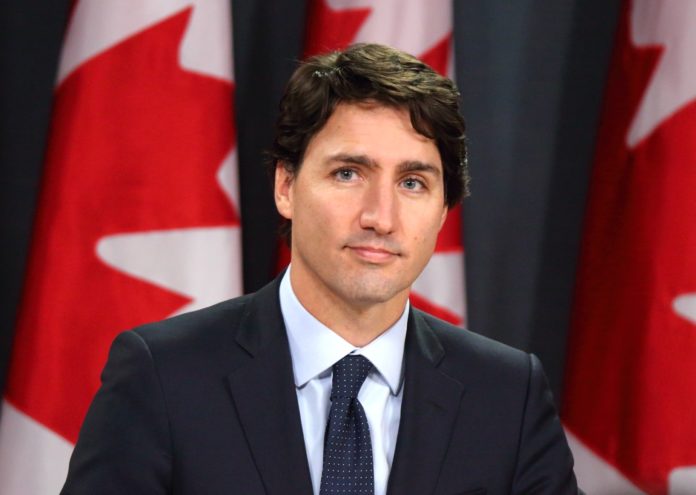
Canada’s temporary immigration numbers have grown disproportionately to the country’s absorption capacity, Prime Minister Justin Trudeau says.
He claimed this to be driving mental health challenges for international students, along with driving down wages in some sectors because of employers’ overdependence on foreign workers.
“Whether it’s temporary foreign workers or whether it’s international students in particular, that have grown at a rate far beyond what Canada has been able to absorb,” he said in Dartmouth, N.S.
“To give an example, in 2017, two per cent of Canada’s population was made up of temporary immigrants. Now we’re at 7.5 per cent of our population comprised of temporary immigrants.”
“That’s something we need to get back under control.”
Read More Canada Immigration News
Canada’s Ontario To Boost Minimum Wage To $17.20 An Hour
Temporary Residents Favour Areas Around Major Canadian Cities
Ukrainians Will Not Be Sent Home Even If Canada Visas Expire
“We want to get those numbers down. It’s a responsible approach to immigration that continues on our permanent residents, as we have, but also hold the line a little more on the temporary immigration that has caused so much pressure in our communities.”
It was recently announced by Immigration Minister Marc Miller that Canada would set targets for temporary workers allowed into the country to ensure that their numbers grow sustainably.
Over the next three years, the goal is to reduce the number of temporary residents to five percent of Canada’s population.
Immigration, Refugees and Citizenship Canada (IRCC) is taking further and further steps towards this aim. In January, he announced a cap on student visa admissions to Canada at 360,000 permits, which is a 35 per cent decrease from last year.
Canada’s Temporary Resident Program is aimed at designing, developing, and implementing policies and programs to facilitate the entry of temporary workers, students, and visitors to maximise their contribution to Canada.
Watch Video
Visitors
Under the Immigration and Refugee Protection Act and Regulations, temporary residents include visitors, students, workers and temporary resident permit holders. Depending on the foreign national’s citizenship, a Temporary Resident Visa, or an Electronic Travel Authorization (eTA), is required for temporary residents looking to come to Canada on a temporary basis.
Students
Foreign students are now a class of persons who may obtain temporary resident status and who have been issued study permits or who are authorized by the Regulations to study.
A study permit is a written authorization given to foreign nationals allowing them to study in Canada.
Workers
Foreign workers are a class of persons who may obtain temporary resident status and who have been issued work permits or are authorized by the Regulations to work.

